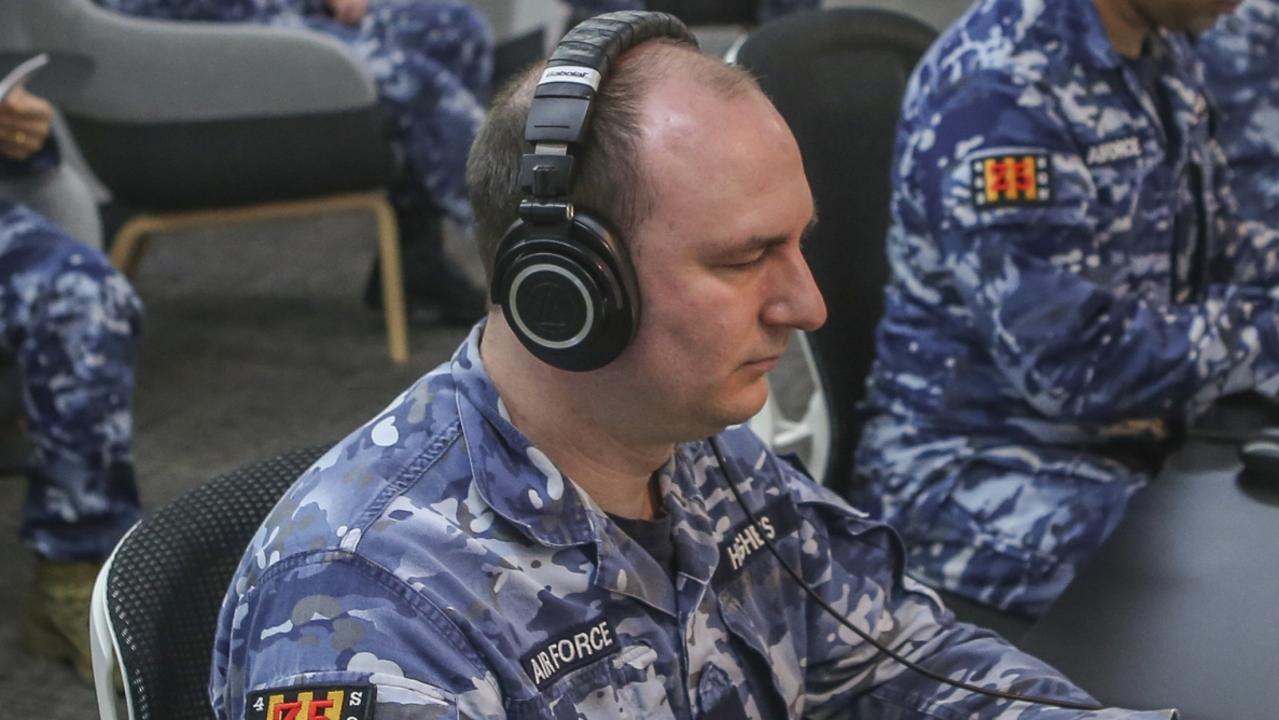Traditional conflict between major powers is increasingly less likely in the modern era, with Western powers urged to upskill cyber defence forces urgently to prepare for the changing game of warfare.
That’s the warning from retired US Army Major General John Davis, who said adversaries like Russia and China are “leveraging” the information age to gain an advantage over Western democracies.
Western democracies are being left vulnerable not so much because they do not have the necessary skills, but more so because adversaries are more willing to “get their hands dirty”, General Davis told the National Press Club on Thursday.
“Information warfare and cyber operations have moved the starting blocks forward in the racing lines,” he said.
“And our adversaries have moved up their runners, while western democracies’ runners remain back at the old starting line.”
General Davis, who has a long history in warfare and cyber warfare, said while traditional conflict wasn’t necessarily a thing of the past, states like China and Russia were increasingly seeing the “effective use” of cyber capabilities to undermine and weaken the West.
“(They can) gain an advantage over us by using these capabilities without triggering what we view as traditional armed conflict,” he said.
He said the absence of global norms and regulation in the sphere worked in the adversaries’ favour.
“The absence of effective, regulating global norms of responsible state behaviour in cyberspace, I believe, is going to continue to provide our adversaries with significant opportunities and even encouragement for offensive as part of the information warfare efforts,” he said.
“This is in part because of the absence of negative consequences from the countries they target, as has usually been the case thus far.”
He noted Russia had scaled down its cyber attacks on Ukraine since it began its invasion in February this year, saying Kyiv had become less vulnerable and more resilient to cyber attacks.
“I believe that while cyber operations provide our adversaries with a broad range of operations in that grey zone of war, short of traditional conflict, they provide a much narrower range once that threshold has been crossed,” he said.
On the recent Medibank hack, which has been linked to a Russian hacker group called REvil, he said Russia was more likely to turn a blind eye to criminal cyber activity than most countries.
“If it sees what is happening from a criminal entity in the best interest of pursuing objectives that are favourable to that country, then they may well just let it happen and refuse to do anything about it,” he said.
“Because it’s a criminal entity and they have nothing to do with it, they can deny it. But there’s a whole bunch of anonymity and denial capabilities associated with it.”

